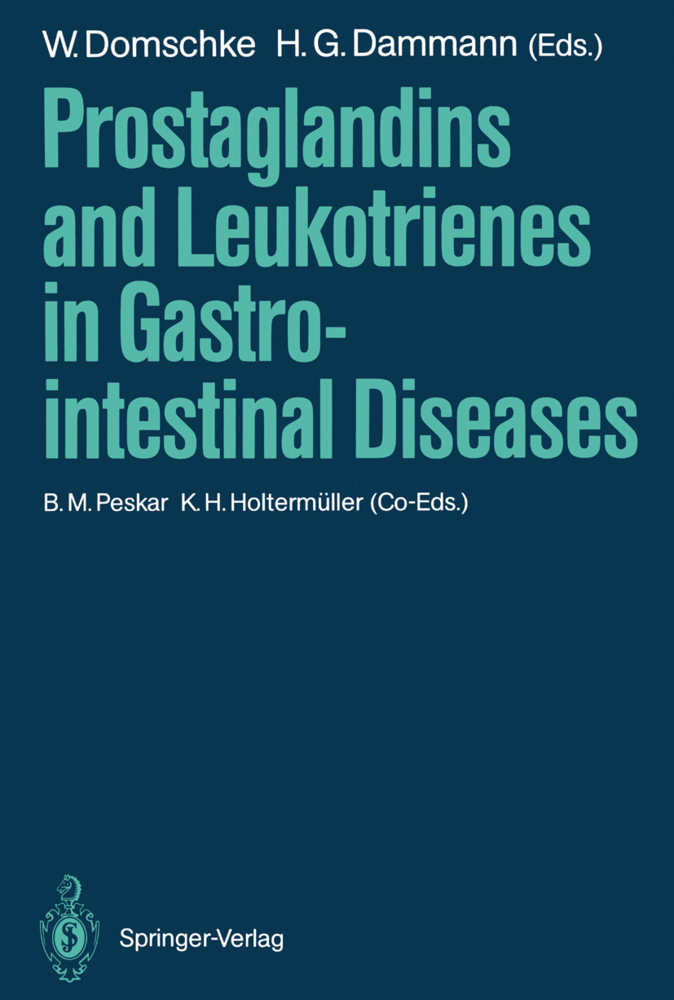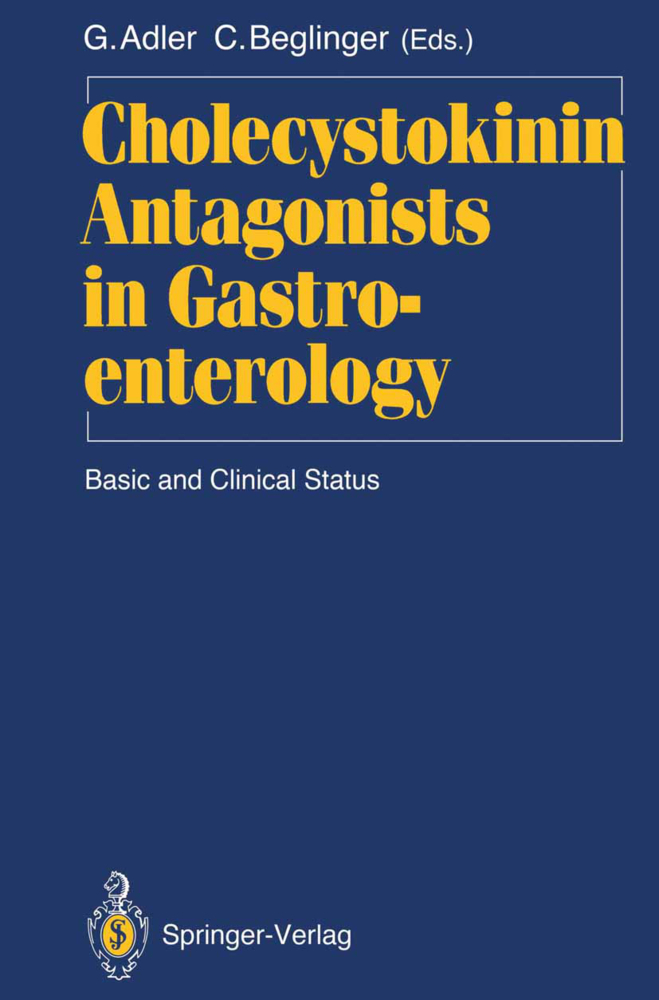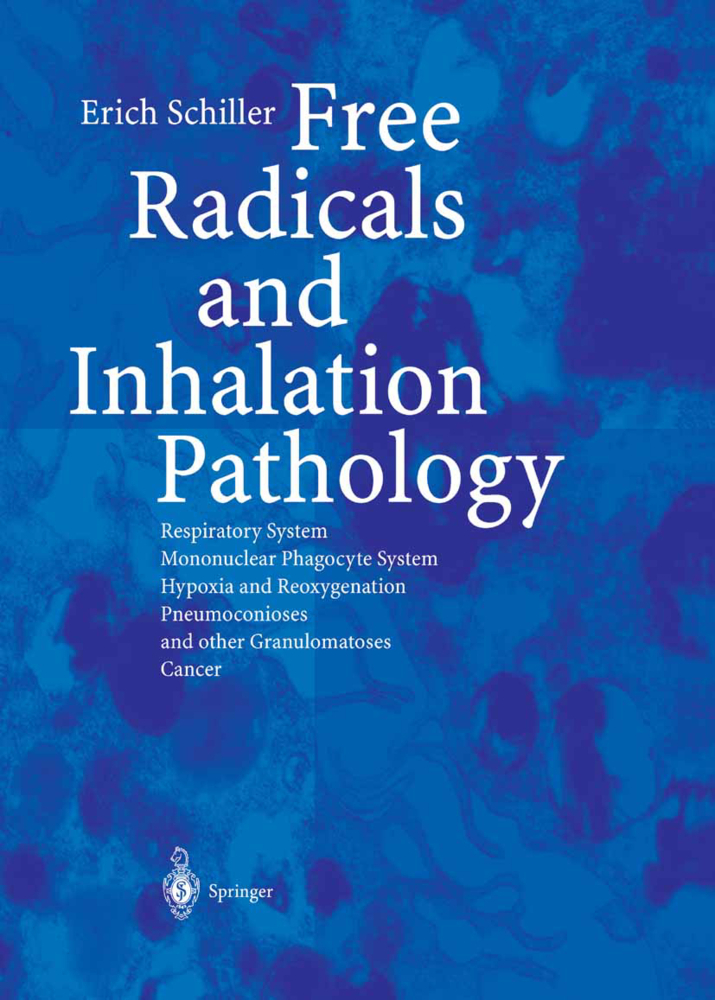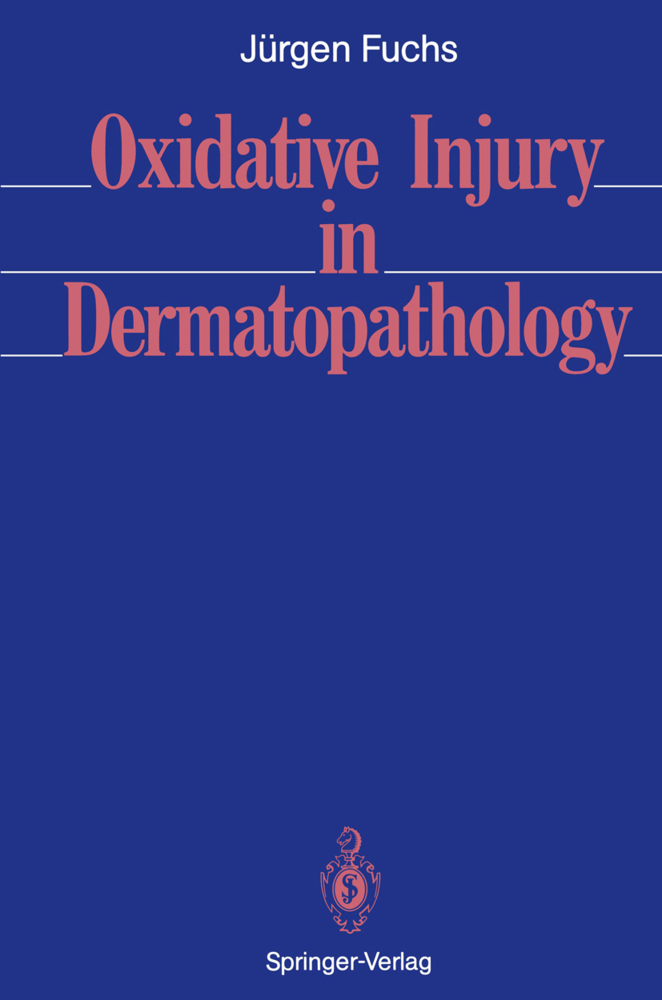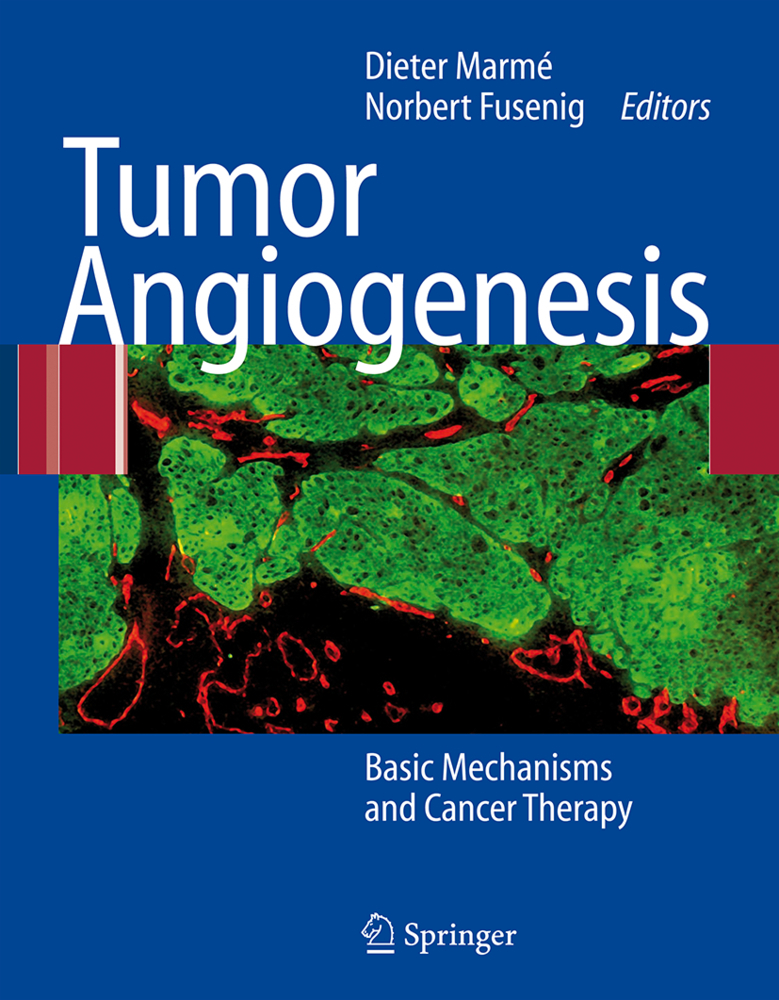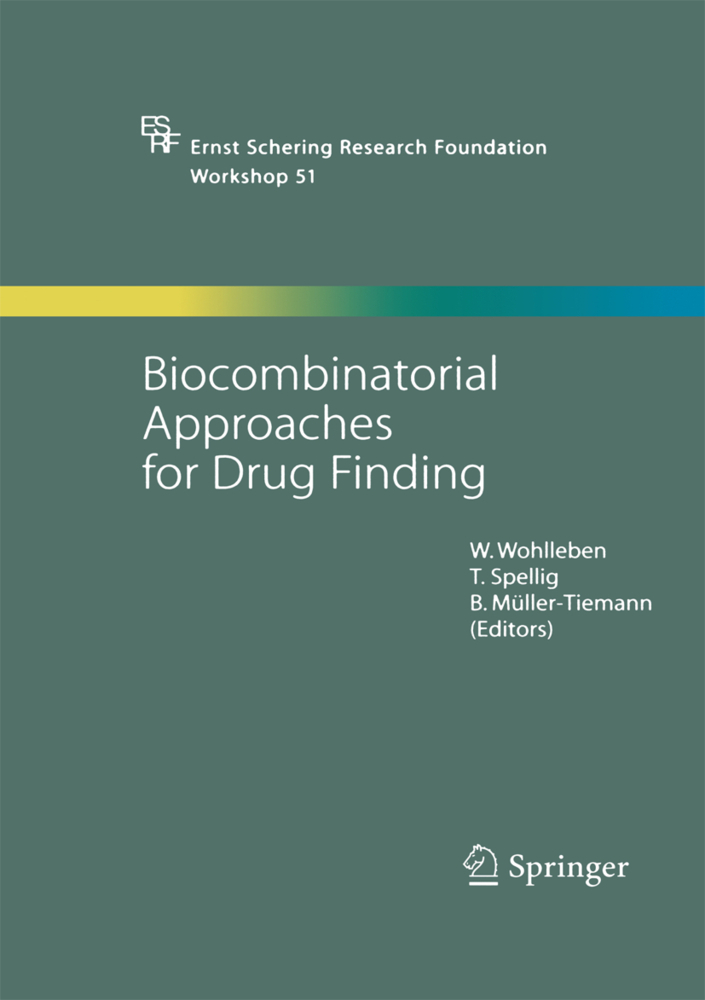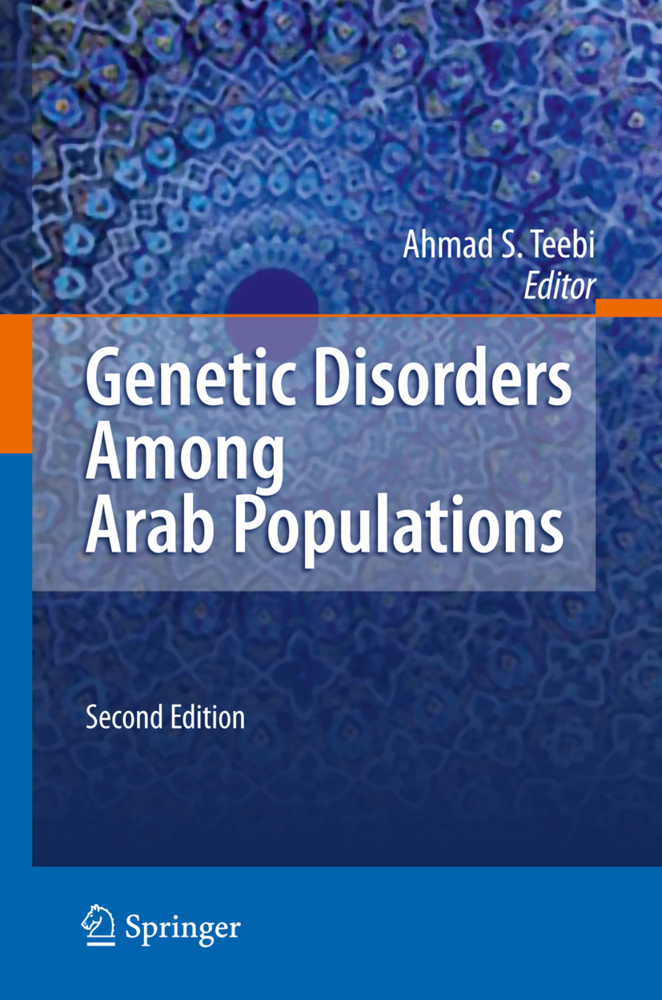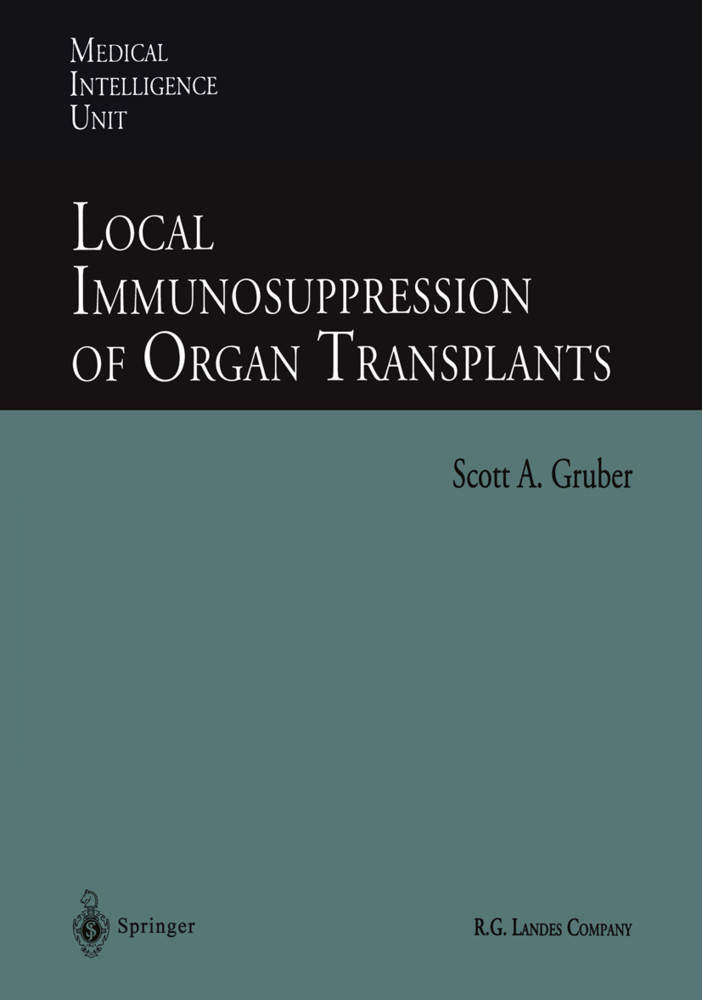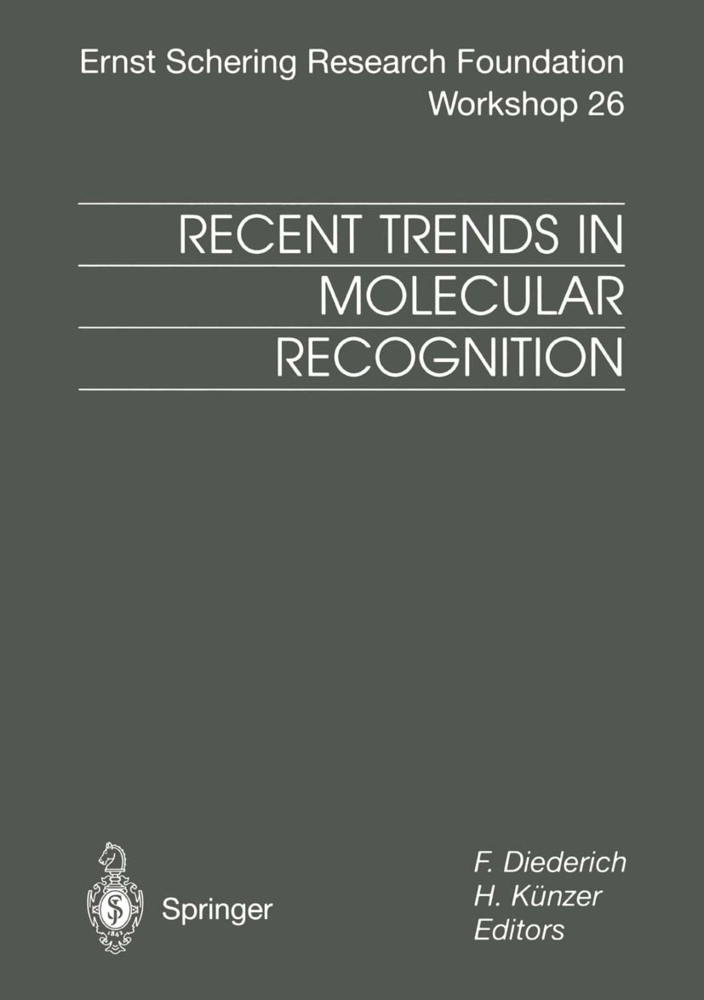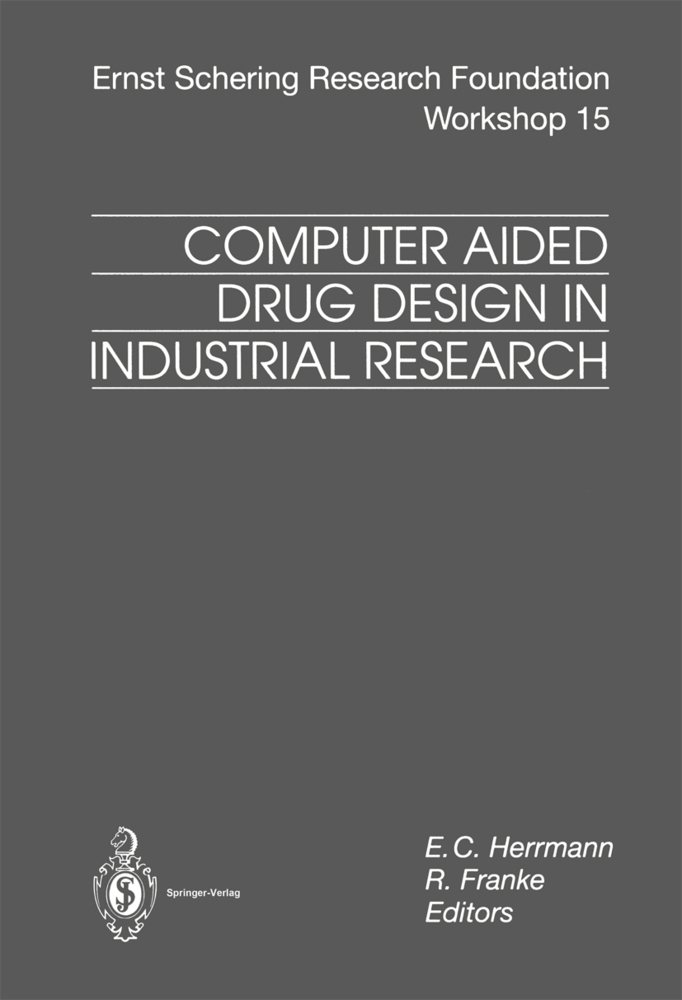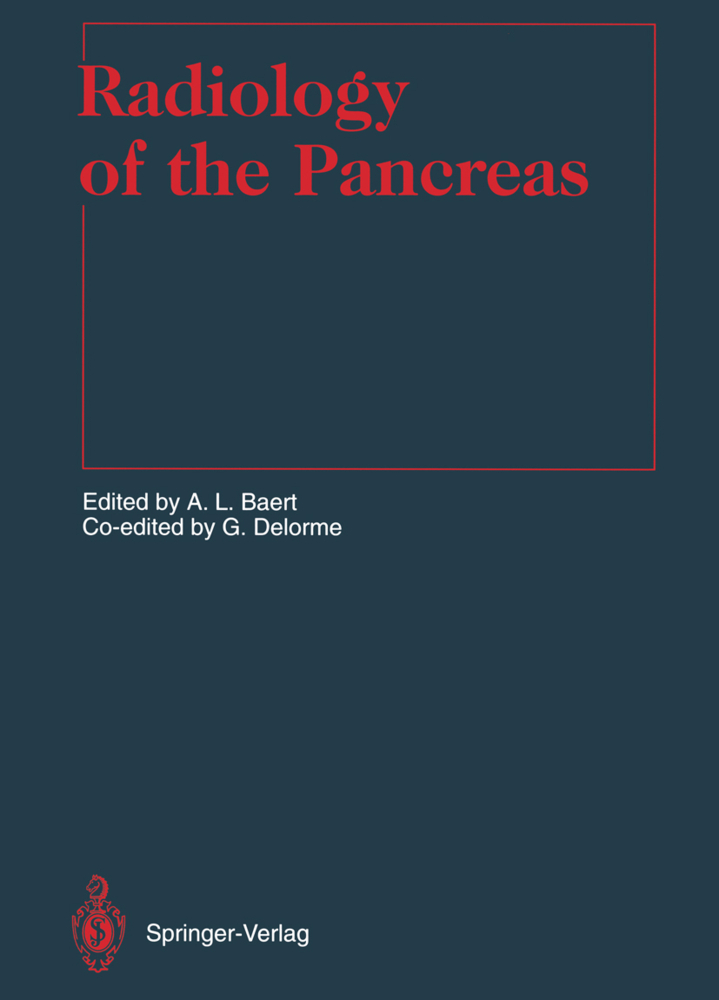Prostaglandins and Leukotrienes in Gastrointestinal Diseases
Prostaglandins and Leukotrienes in Gastrointestinal Diseases
In OCtober 1986, recognized authorities from a variety of disciplines met in Lisbon, Portugal, to review recent knowledge on eicosanoids - i. e., prostaglandins, throm boxane A , and leukotrienes - and their role in gastrointestinal diseases. 2 Briefly, in the stomach endogenous as well as exogenous prostaglandins may mediate cytoprotective actions in that they stimulate gastric mucus production, bicar bonate secretion and cellular regeneration while providing adequate mucosal blood flow. In contrast, thromboxane A2 by vasoconstriction may act as an ulcerogenic substance. Diarrheal states may be associated with prostaglandins of types E and F as they are capable to enhance intestinal water and electrolyte secretions. In chronic in flammatory bowel disease, mucosal synthesis of leukotrienes was found to be increased more markedly than that of prostaglandins suggesting that leukotrienes may have a major part in the pathogenesis of that disease. In this volume, which is an elaborated collection of the papers given on occasion of the above-mentioned symposium, the facts and problems associated with prostanoid substances are dealt with in four sections on 1. biochemistry, biology and pharmacology of eicosanoids, 2. physiologic and pathophysiologic aspects, 3. established therapeutic implications, and 4. treatment perspectives. We believe that the publication of these contributions by leading workers in the given fields provides a comprehensive and up-to-date appraisal of the role of eicosanoids in gastrointestinal diseases, and it is hoped that this volume will be of value to both basic scientists and practicing clinicians.
Discussion
Involvement of the Eicosanoids, Thromboxane A2 and Leukotriene C4 in Gastric Mucosal Damage
Discussion
Microvascular Injury and the Role of Leukotrienes and Prostaglandins in Acute Mucosal Damage and Protection
Discussion
Inhibition of Prostaglandin Synthesis and Proliferation of the Gastric Mucosa
Discussion
Role of Prostaglandins in Intestinal Fluid Secretion
Discussion
Novel Leukotriene D4 Receptor Antagonists and 5-Lipoxygenase Inhibitors: Implications in Human Disease
Discussion
Protective Effects on the Gastrointestinal Mucosa. New Aspects of the Last two Years
"Aggressive" and "Protective" Factors in the Pathogenesis of Peptic Ulcer Disease
Discussion
Heartburn and Mucosal Barrier Weakness
Discussion
The Functional Role of Prostanoids in the Gastroduodenal Mucosa
Role of Leukotrienes in Gastric Mucosal Damage and Protection
Discussion
Effect of Prostaglandins on the Motility of the Digestive Tract
Discussion
Gastroduodenal Bicarbonate Secretion in Mucosal Protection
Discussion
Prostaglandins and Cellular Restitution - Physiological and Pathological Implications
Discussion
Prostanoid Inhibition of Acid Secretion - Cellular Mechanisms in Canine Fundic Mucosa
Discussion
The Protective Effects of Prostaglandins on the Gastric Microvasculature
Non-Steroidal Anti-Inflammatory Drugs and Peptic Ulcer
Discussion
Mechanism of Injury to Gastric Mucosa by Non-Steroidal Anti-Inflammatory Drugs and the Protective Role of Prostaglandins
Discussion
Can Nonantisecretory Doses of Prostaglandins Prevent Mucosal Damage inNon-Steroidal Anti-Inflammatory Drugs?
Clinical Aspects of the Protective Effects of Prostaglandins on Non-Steroidal Anti-Inflammatory Drug-Associated Mucosal Injury
Discussion
Prostaglandins and Leukotrienes in Gastrointestinal Diseases - Present Clinical Role
Gastrointestinal Microbleeding and Ulcerogenic Drugs: Prevention by Co-Administration of Prostaglandins
Discussion
Exogenous Prostaglandins and Their Analogues in Gastric Ulcer Therapy
Exogenous Prostaglandins and Their Analogues in Duodenal Ulcer Therapy
Discussion
Clinical Safety of Antiulcer Prostaglandins: An Overview
Discussion
Ulcer Healing Drugs and Endogenous Prostaglandins: Carbenoxolone, Antacids, Sucralfate, Bismuth, and H2-Receptor Antagonists
Discussion
Smoking and Ulcer Healing - Role for Prostaglandins?
Discussion
Ulcer Healing by Prostaglandins - Due to Decreased Acidity or Enhanced Mucosal Defense?
Discussion
Diarrheagenic Syndromes Sensitive to Prostaglandin Synthetase Inhibitors
Discussion
Colitis and Non-Steroidal Anti-Inflammatory Drugs
Discussion
Therapeutic Role for Prostaglandins in Ulcerative Colitis?
Discussion
Inflammatory Bowel Disease: Treatment Modalities and Mucosal Prostaglandin/Leukotriene Formation
Discussion
Prostaglandins: Their Potential Therapeutic Value in the Upper Gastrointestinal Tract
The Natural History of Ulcer Disease and its Impact upon Therapeutic Options and Assessment of Drug Safety
Benefits and Risks of Long-Term Medical Therapy with Histamine H2-Receptor Antagonists in Ulcer Disease - A Physician's View
Benefits and Risks of Long-Term Medical Therapy with Histamine H2-Receptor Antagonists in Ulcer Disease: A Surgeon's View
The Surgical Approach to Ulcer Disease and its Complications - Hasthere been a Change in the Last Decade?
The Efficacy of Prostaglandins in the Prevention of Stress Lesions in the Critically I11 Patient
Discussion Following this Section.
Biology and Pharmacology of Prostaglandins and Leukotrienes
Biosynthesis and Metabolism of Prostaglandins and Thromboxanes. Quantitative Determination in Biological MaterialDiscussion
Involvement of the Eicosanoids, Thromboxane A2 and Leukotriene C4 in Gastric Mucosal Damage
Discussion
Microvascular Injury and the Role of Leukotrienes and Prostaglandins in Acute Mucosal Damage and Protection
Discussion
Inhibition of Prostaglandin Synthesis and Proliferation of the Gastric Mucosa
Discussion
Role of Prostaglandins in Intestinal Fluid Secretion
Discussion
Novel Leukotriene D4 Receptor Antagonists and 5-Lipoxygenase Inhibitors: Implications in Human Disease
Discussion
Protective Effects on the Gastrointestinal Mucosa. New Aspects of the Last two Years
"Aggressive" and "Protective" Factors in the Pathogenesis of Peptic Ulcer Disease
Discussion
Heartburn and Mucosal Barrier Weakness
Discussion
The Functional Role of Prostanoids in the Gastroduodenal Mucosa
Role of Leukotrienes in Gastric Mucosal Damage and Protection
Discussion
Effect of Prostaglandins on the Motility of the Digestive Tract
Discussion
Gastroduodenal Bicarbonate Secretion in Mucosal Protection
Discussion
Prostaglandins and Cellular Restitution - Physiological and Pathological Implications
Discussion
Prostanoid Inhibition of Acid Secretion - Cellular Mechanisms in Canine Fundic Mucosa
Discussion
The Protective Effects of Prostaglandins on the Gastric Microvasculature
Non-Steroidal Anti-Inflammatory Drugs and Peptic Ulcer
Discussion
Mechanism of Injury to Gastric Mucosa by Non-Steroidal Anti-Inflammatory Drugs and the Protective Role of Prostaglandins
Discussion
Can Nonantisecretory Doses of Prostaglandins Prevent Mucosal Damage inNon-Steroidal Anti-Inflammatory Drugs?
Clinical Aspects of the Protective Effects of Prostaglandins on Non-Steroidal Anti-Inflammatory Drug-Associated Mucosal Injury
Discussion
Prostaglandins and Leukotrienes in Gastrointestinal Diseases - Present Clinical Role
Gastrointestinal Microbleeding and Ulcerogenic Drugs: Prevention by Co-Administration of Prostaglandins
Discussion
Exogenous Prostaglandins and Their Analogues in Gastric Ulcer Therapy
Exogenous Prostaglandins and Their Analogues in Duodenal Ulcer Therapy
Discussion
Clinical Safety of Antiulcer Prostaglandins: An Overview
Discussion
Ulcer Healing Drugs and Endogenous Prostaglandins: Carbenoxolone, Antacids, Sucralfate, Bismuth, and H2-Receptor Antagonists
Discussion
Smoking and Ulcer Healing - Role for Prostaglandins?
Discussion
Ulcer Healing by Prostaglandins - Due to Decreased Acidity or Enhanced Mucosal Defense?
Discussion
Diarrheagenic Syndromes Sensitive to Prostaglandin Synthetase Inhibitors
Discussion
Colitis and Non-Steroidal Anti-Inflammatory Drugs
Discussion
Therapeutic Role for Prostaglandins in Ulcerative Colitis?
Discussion
Inflammatory Bowel Disease: Treatment Modalities and Mucosal Prostaglandin/Leukotriene Formation
Discussion
Prostaglandins: Their Potential Therapeutic Value in the Upper Gastrointestinal Tract
The Natural History of Ulcer Disease and its Impact upon Therapeutic Options and Assessment of Drug Safety
Benefits and Risks of Long-Term Medical Therapy with Histamine H2-Receptor Antagonists in Ulcer Disease - A Physician's View
Benefits and Risks of Long-Term Medical Therapy with Histamine H2-Receptor Antagonists in Ulcer Disease: A Surgeon's View
The Surgical Approach to Ulcer Disease and its Complications - Hasthere been a Change in the Last Decade?
The Efficacy of Prostaglandins in the Prevention of Stress Lesions in the Critically I11 Patient
Discussion Following this Section.
Domschke, W.
Dammann, H. G.
Peskar, B. M.
Holtermüller, K. H.
| ISBN | 978-3-540-18744-8 |
|---|---|
| Artikelnummer | 9783540187448 |
| Medientyp | Buch |
| Copyrightjahr | 1988 |
| Verlag | Springer, Berlin |
| Umfang | XVII, 332 Seiten |
| Abbildungen | XVII, 332 p. 16 illus. |
| Sprache | Englisch |

